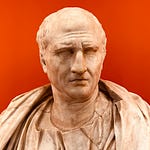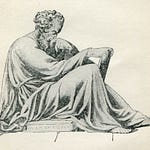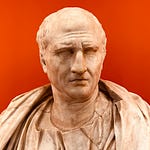“Happiness manifestly requires external goods in addition, just as we said. For it is impossible or not easy for someone without equipment to do what is noble: many things are done through instruments, as it were—through friends, wealth, and political power.
Those who are bereft of some of these (for example, good birth, good children, or beauty) disfigure their blessedness, for a person who is altogether ugly in appearance, or of poor birth, or solitary and childless cannot really be characterized as happy; and he is perhaps still less happy, if he should have altogether bad children or friends or, though he did have good ones, they are dead.
Just as we said, then, happiness seems to require some such external prosperity in addition.” (Nicomachean Ethics, 1.8)
Listen to this episode with a 7-day free trial
Subscribe to Figs in Winter: New Stoicism and Beyond to listen to this post and get 7 days of free access to the full post archives.












